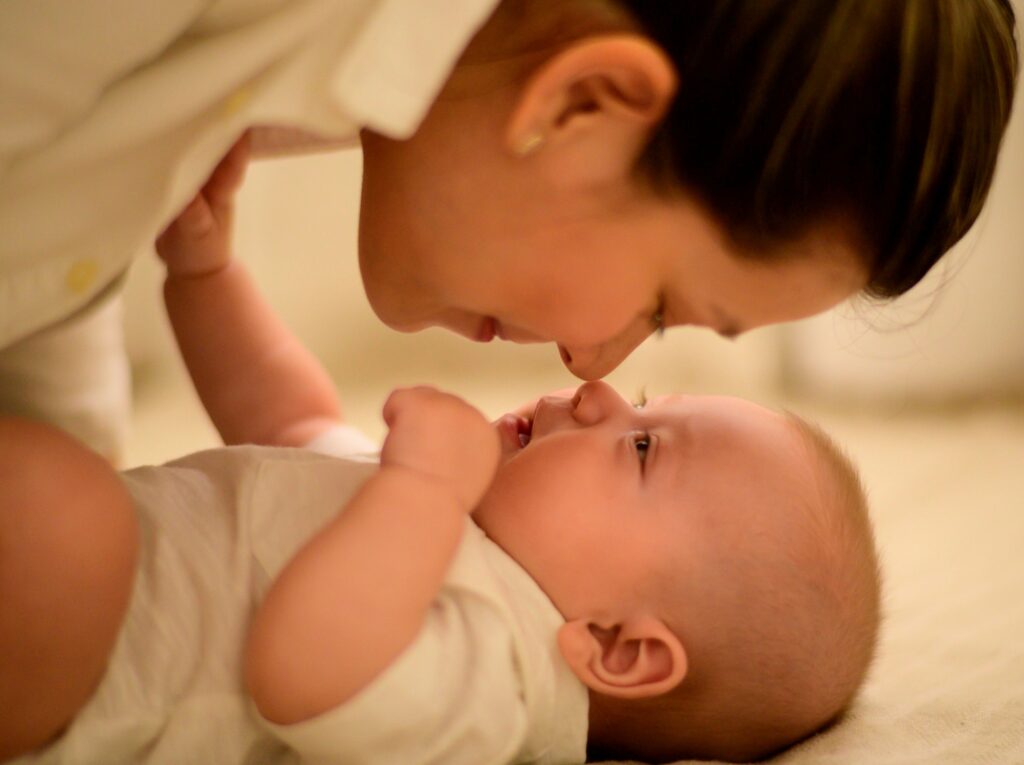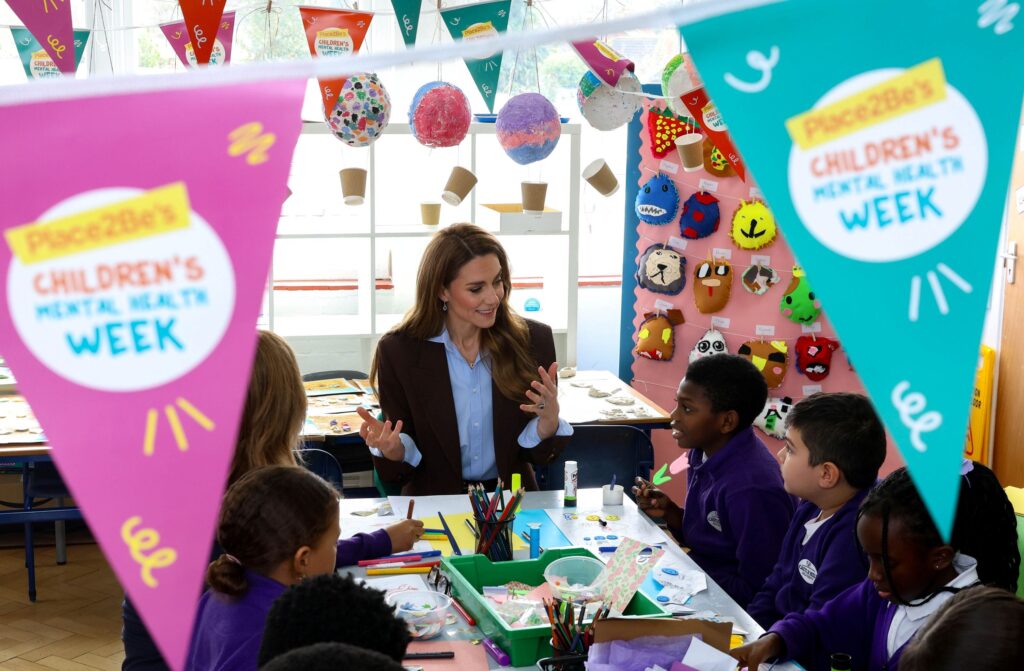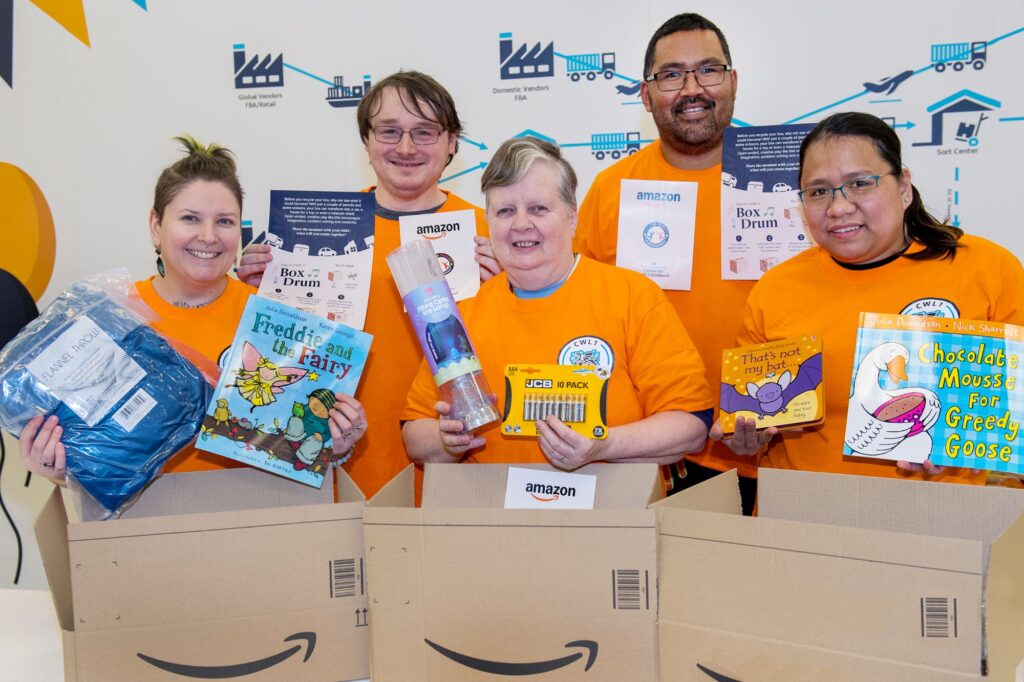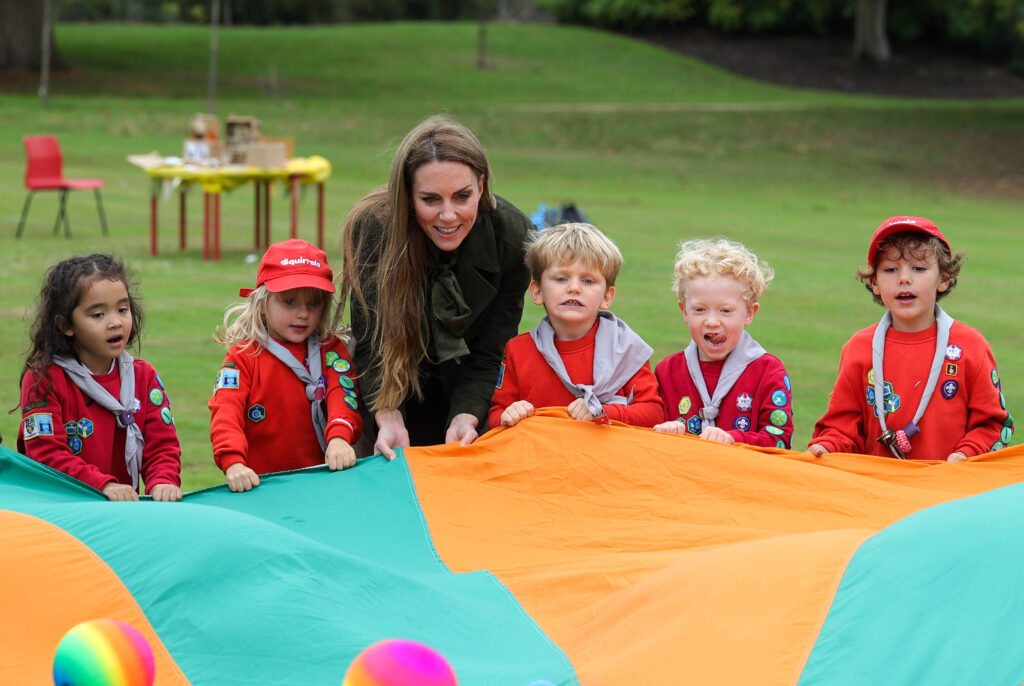New research project to help families prioritise connection in a distracted world

The Royal Foundation Centre for Early Childhood has today, Sunday 23rd November 2025, announced a call for research proposals to tackle ‘technoference’ – the unwanted distractions caused by digital devices that can disrupt parent-child connection.
The Centre will award £100,000 to support the new study, which will explore ways to help families to build stronger bonds in early childhood by reducing interference by devices and helping parents to find a healthy tech-life balance.
The successful research partner will work with families across the UK to understand when and why ‘technoference’ occurs, and test practical ways to reduce its impact. The findings will help to shape future resources for practitioners such as health visitors and early years educators.
It is a key step toward helping families be more present and connected during the earliest years of their children’s lives.
This announcement comes following The Centre’s Future Workforce Summit earlier this week, which focused on how, at a time of huge technological progress and change, businesses investing in the early years can play an important role in the next generation developing the uniquely human skills needed for the future workforce to thrive. In her opening remarks, The Princess of Wales spoke of the importance of consistent, nurturing relationships to create grounded and meaningful environments around a child.
While the Centre recognises that technology has huge benefits, such as helping families stay connected across the world, the announcement comes as new polling* shows 62% of UK adults say that they are sometimes, often or always distracted by phones and other digital devices when spending time with family. 66% of all adults believed that more should be done to help families find a healthy balance of device use, and this figure rose to 83% of parents with of children aged 0-5.
Last month, The Centre published an essay by Her Royal Highness, The Power of Human Connection in a Distracted World which highlighted the importance of warm, meaningful connections for a happy, healthy life.
The essay noted that, while new technology has many benefits, we must also acknowledge that it plays a complex and often troubling role in the current epidemic of disconnection. The challenge is particularly acute for today’s babies and young children who have been born into a world immersed in digital technology.
Executive Director of The Royal Foundation Centre for Early Childhood, Christian Guy, said:
“Nurturing relationships between babies, young children, and the adults in their lives are critical to the development of the core social and emotional life skills, which we know are the foundations of a healthy, happy and connected society in the future.
“There have been numerous studies about how digital devices impact relationships, but there is currently a lack of evidence about what is causing people to turn to their digital devices at times when it is interrupting family life and, importantly, how to help people reduce this unwanted interference. The Centre is seeking to address these gaps in research, so we find the solutions to make a real difference to families’ lives.”
The Centre has also published a new article byJenny Radesky, MD Director of Developmental Behavioral Pediatrics at the University of Michigan Medical School, summarising evidence gathered to date about the impact of technoference on young children’s social and emotional development.
In February 2025, The Centre for Early Childhood launched the Shaping Us Framework, developed with leading experts in child and adult development. It identifies the core social and emotional skills that shape lifelong health and happiness. These skills, including managing emotions, focusing attention, and communicating with others and they all have their roots in early childhood, when the brain is growing at its fastest and is at its most malleable – shaped by early environments and experiences, particularly the relationships with people around us.
In the summer, The Centre released the Explainer Series of animated films and resources showing how everyday moments of connection, especially when adults are fully present, can have lasting impact.


